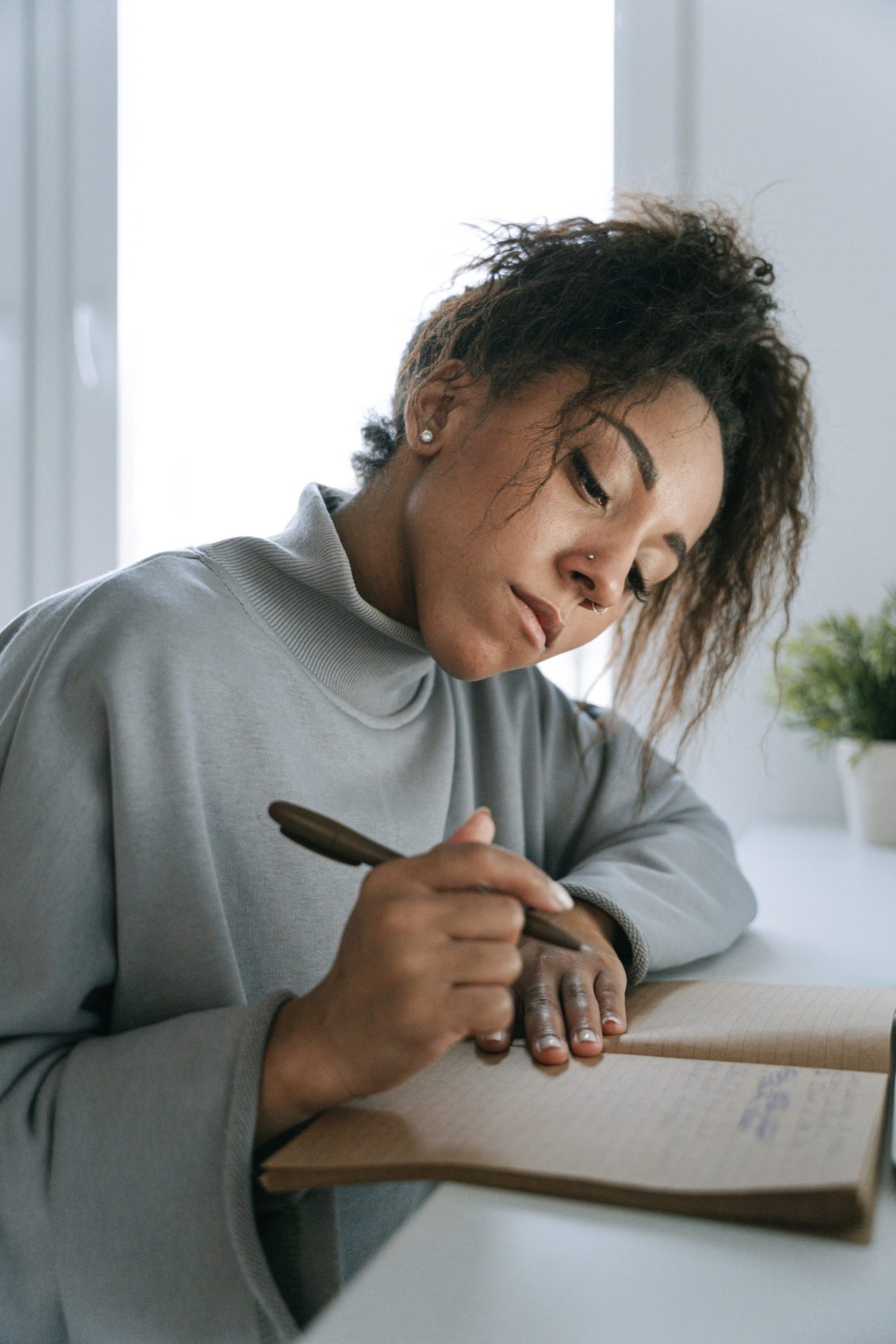
Remember: You Are Your Own Audience
If you’re an artist, you’ve probably been asked why you do your craft. For a long time, it was a question I couldn’t answer myself. Asking myself “Why do I write?” felt like asking “Why do I breathe?” It’s just something I do.
But I posed the dreaded question—“Why do you write?”—to my creative writing friends. They all had varying answers, but each answer boiled down to one, essential thing: “I write because I want to.”
On the surface, that question looks just as vague as my initial answer—that writing is something I do because it fulfills me, and that it’s something I enjoy doing. And it makes sense that I would enjoy doing it; why else would I do it? Why else would I be writing on websites like this one I’m writing on now? It’s obvious that I enjoy it.
But that simple fact, the fact that I write because I want to, gets lost more often than I’d like. There’s always a list of common struggles artists run into: feeling blocked or stuck on ideas, trying to get recognition, and trying to get monetary compensation for your work, just to name a few. But the worst struggle I have is one that I’ve imposed on myself: I feel like I have to write for others, not myself.
It makes sense that I would want to be published. A lot of writers do. It’s exciting to see your name in a byline. It’s exciting to know that someone else saw your work, liked it, and wanted to share it with the world. And if you’re sharing it with the world, of course you need to consider how your audience may perceive certain things. You make edits, minute or significant changes here and there, so people can fully enjoy your art as you have. It makes sense.
But I’ve taken that to an extreme. Rather than writing and then seeing if I want to publish, I sometimes write to be published. And it’s not even something I necessarily want to write; it’s more along the lines of writing that I think other people will love, things that will be popular and gain me recognition. The ego has a way of distorting reality, making you believe you have to constantly appeal to others and gain their approval. In the process, you lose yourself, your reason for why you created art in the first place: for yourself.
The truth is, yes, that you create art for others, but the truth is also that you create art for yourself. You are part of the audience.
The audience doesn’t include just the people consuming your work; it includes you. When you edit your work, you’re seeing it through the eyes of someone who’s never seen the work before. You’re looking at it from the perspective of an observer rather than a creator. You are both the director and the audience of the film. You switch roles when you create art versus refine it, but you still play both roles. That experience is inseparable from the writing experience, from any experience in creating art.
But too often, we can get caught up in this need to create for other people, to be noticed and feel validated that we’re “true” artists. Even if creating art is how you pay the bills, I truly believe there has to be some part of you that enjoys it, no matter how small. Otherwise you’ll end up feeling unaccomplished, resenting your work, and stifling your creativity.
Creativity is a beautiful thing, but it’s also an uncertain thing. It doesn’t have a thought of how things “should” or “shouldn’t” be. It doesn’t conform to our societal ideas of perfection. Creativity simply exists. When we regret that notion, when we try to shove creativity into our concepts of right and wrong, good and bad, creativity becomes elusive. We find ourselves unable to reach out to it when we need it; we’ve pushed it away.
When I put down that human part of myself, the part that says I have to write a certain way, I find creativity. It opens itself up back to me, like a friend I haven’t seen in too long. It comes to me before I go to bed at night. It comes to me when I’m taking a walk outside, reading a good book, or talking with friends. It comes to me when I am simply existing, because it simply exists, too.
This is something I still struggle with, and I have no doubt it won’t resolve itself magically, but admitting it’s a struggle is the first step in remedying it. It’s the first step in me recognizing what I’m doing: I’m self-sabotaging my own work. It makes me calm down, take a deep breath, and get out of my narrow mindset. It makes me reach out to creativity with curiosity, joy, and excitement, and creativity inevitably finds me.
Remember: no matter what kind of art you create, no matter how you create it, you are your own audience. When you remember that, the creative process becomes liberating and fun—the very reason you sought it out in the first place.
